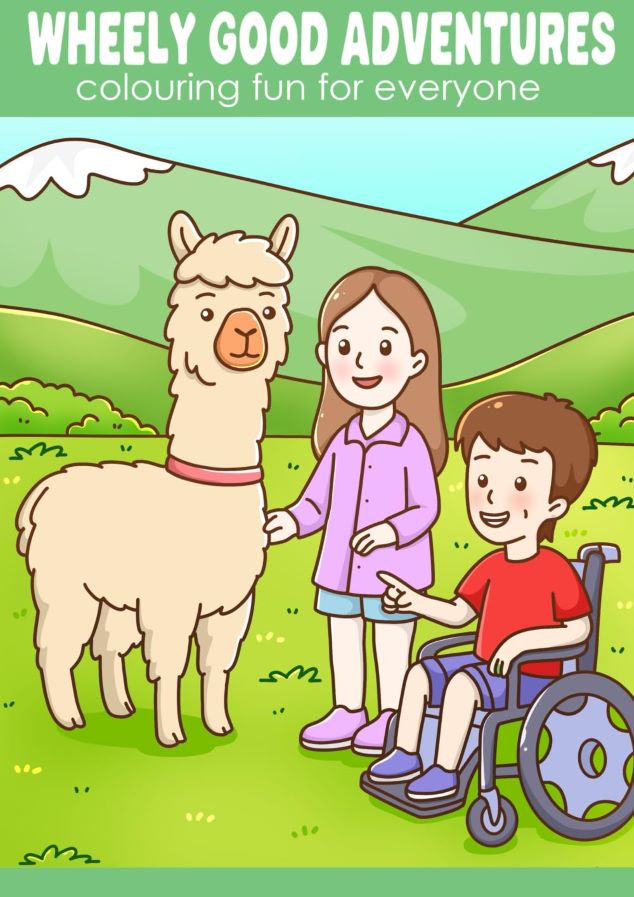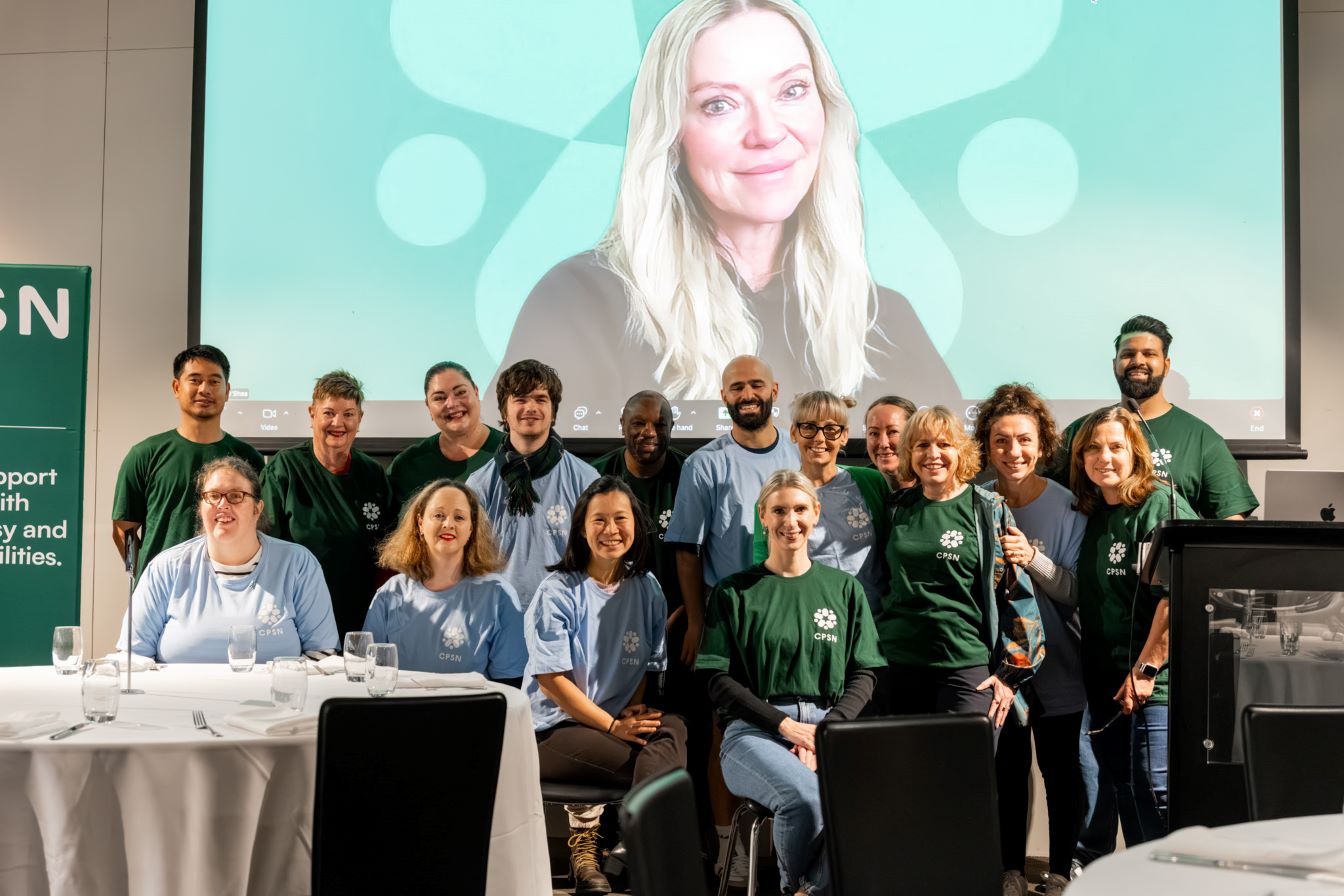Social Inclusion is a key determinant of Mental Health and Wellbeing. This month, I attended Ability Fest (along with several other CPSN team members), and it has made me reflect on the significance of social inclusion, participation, and positive relationships.
In recent years, events such as Ability Fest have improved inclusion and are a wonderful celebration of the diversity of ability. How, when, and where an individual participates in society is an important aspect of health. What’s more, an individual's choice to participate (or not) is just as important. A socially inclusive society is one that values all individuals and respects all differences. It offers a wealth of choice for everyone, including well-planned, accessible community events like Ability Fest.
Studies have shown that Social support and Inclusion strengthen both physical and Mental Health. Last month, I wrote about preventative health, recognizing the importance of understanding the determinants of health in preventing illness and disease. This month, we also hosted our first webinar of the year, focusing on Mental Health. In light of this, I want to highlight the importance of Social Inclusion and relationships to mental health and overall wellbeing.
I once watched a TED Talk about a study on Centenarians (people who live over 100). The study examined the factors that contribute to such longevity. While nutrition, exercise, and reducing risk factors like smoking were important, the most significant factor for living a long life was social relationships. When these relationships were mostly positive, they had an even greater impact. Research now shows that social relationships are key to both the duration and quality of our lives.
Social Inclusion is crucial to building these social relationships. While many relationships are formed through existing networks such as family, friends, and natural environments, social inclusion is especially important for individuals with disabilities in developing relationships outside of family. This creates a bidirectional relationship—more social support leads to greater social inclusion, which in turn leads to more support and relationships.
Research indicates that social networks improve Mental Health by providing emotional support, companionship, and opportunities for meaningful participation. They positively affect self-esteem and resilience, and they have been shown to reduce depression, distress, and anxiety. Ultimately, relationships help us cope with life’s ups and downs.
Relationships and Inclusion have also been shown to have a positive impact on physical health. Loneliness can lead to elevated blood pressure, increased Anxiety and Depression, disrupted sleep, and higher Cortisol levels (the stress hormone). For older individuals, relationships can help slow physical decline and reduce the risk of Dementia. For younger individuals, they can reduce the risk of Obesity, inflammation, and high blood pressure.
Unfortunately, individuals with Disabilities are twice as likely to experience social isolation. Knowing this makes it even more important to focus on Social Inclusion, which can be promoted through Community access, paid or unpaid employment, and participation in clubs or organizations.
Many organisations promote Community access and Social Inclusion for people with Disabilities, and Disability service providers can also assist with supported Community access and participation.

Clinical Coordinator (Registered Nurse)
CPSN




